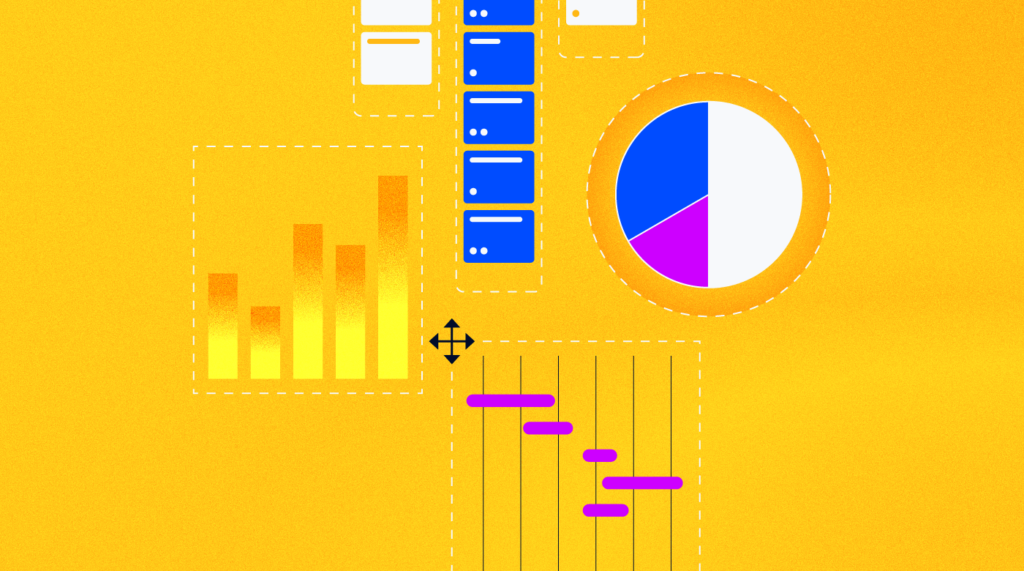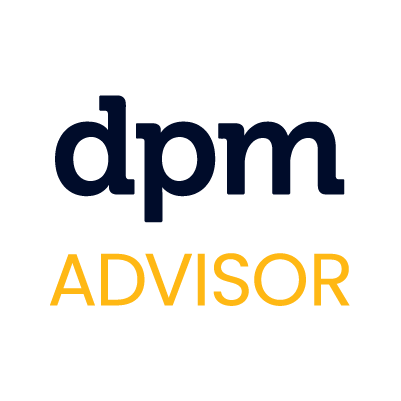As organizations grow and projects become more complex, enterprise project management can be critical in achieving strategic objectives. The right enterprise project management framework can elevate project management from a siloed, task-based effort to an enterprise-wide system that can provide needed structure but retain agility as needed.
If your organization is looking to scale its project management practices, read on to discover the appropriate enterprise project management framework to apply to ensure you are set up for success.
What Is An Enterprise Project Management Framework?
Before we tackle the “enterprise” aspect, let’s first define what we mean by a project management framework. Simply put, a project management framework refers to any set of procedures, processes, or systems used to successfully complete a project.
Even the most rudimentary project tracking system constitutes a framework—your framework could be a task list on the back of a napkin (and yes, I’ve done that!) But the best project management frameworks are typically codified, formalized, and standardized.
You may be wondering about the difference between a project management framework and a project management methodology. In case you’re not familiar with the term, examples of methodologies include waterfall, critical chain, lean, and projects in controlled environments (PRINCE2).
Technically, you could distinguish between a framework, which would be considered more flexible, fluid, and malleable, and a methodology, which provides a rigid, often top-down structure. Under these definitions, agile is a framework and PRINCE2 is a methodology, but the terms are often used interchangeably.
Now that we’ve defined a project management framework, what constitutes an enterprise framework? An enterprise project management framework (or methodology) expands your project management framework for enterprise-level needs.
Enterprise project management involves managing multiple, often simultaneous projects within a company. The goal of an enterprise-level framework is to standardize processes and streamline project management practices across an organization.
Read more about enterprise project management methodologies here.
Why Is A Project Management Framework Important?
The right project management framework provides a structure for the project team to successfully work on projects without having to reinvent the wheel each time. With enterprise project management, additional structure might be incorporated to support needs such as change management, portfolio management, and governance.
What Should An Effective Project Management Framework Include?
An effective project management framework should cover every aspect of the project life cycle, from the initial business case to project controls to launch. The specific elements of your organization’s enterprise project management system will depend on your needs and the underlying methodology chosen.
Different organizations will clearly have different needs. Agile frameworks, for example, are usually great for software development projects, particularly smaller efforts that require flexibility and speed. For large, enterprise-level projects that require a bit more structure, a scaled agile framework or even a waterfall methodology may be more appropriate.
For data analysis projects or for organizations that wish to track metrics in a more data-driven manner, you might want to include business intelligence tools as part of your enterprise project management framework.
While different parts of your organization may require slightly different methodologies and frameworks depending on the types of projects they execute, an enterprise project management framework should still further consistent project management goals and values across the organization to foster cohesion.
Implementing A Framework For Enterprise Project Management
After selecting and gaining buy-in for an enterprise project management framework that meets the needs of stakeholders across your organization, the next step is to develop an implementation plan.
Preparing The Team For The Implementation Of The Framework
Clear communication is essential in implementing a framework for enterprise project management. Keep in mind that just because the department head approved the methodology, it does not always mean that they have taken the time to gain buy-in from their team members or even consult them as part of the selection process.
During this stage, a project manager (or the larger project management office [PMO] responsible for implementation) needs to make sure that those who will use the framework in their daily work understand the reason for the change, how it will benefit them, and the specific impacts this framework will have on how they perform their job duties.
For example, if team members find themselves spending extra time to communicate project status to members of other departments that may use a different reporting tool, or to outside vendors, they may welcome an enterprise project management framework that standardizes organizational workflows and practices.
Consulting your team on their pain points and designing workflows that satisfy those pain points is one way that a project manager can reduce the legwork involved in setting up a new enterprise project management framework. Implementing enterprise project management software is another way to automate existing processes and gain team buy-in.
In my experience, as long as the project manager takes the time upfront to explain the rationale for the change, consults with employees throughout the process, and is willing to do the legwork of initial setup, including training, transitioning to an enterprise project management framework should be well received.
Transitioning To Enterprise Level Project Management
Elevating your project management framework to an enterprise level can be helpful for businesses of many different sizes. Even small businesses and startups can benefit from an enterprise approach to project management if they are running multiple, cross-functional projects.
In transitioning to enterprise project management, seek to create standardized yet flexible guidelines for project execution that can work across the organization.
What Makes Project Management Frameworks Enterprise-Level?
An enterprise project management framework elevates the project management practices of a single team or department so they can be used organization-wide. This often involves templatizing common project management artifacts, such as kickoff documents, project schedules, or project roadmaps.
An enterprise project management framework may also incorporate additional project workflows that would benefit large-scale or more complex projects, such as decision support criteria, risk analysis, standardized cost estimating practices, best practices or curricula for project managers and teams, OKRs, and change management.
Typically, a good place to start is to review an organization’s existing practices. You’ll often find that teams or departments have created duplicative workflows to solve for common challenges. A project manager or PMO can review the existing set of processes and extract the best elements from each team’s version to create the organizational standard.
Even if you have a PMO or EPMO (enterprise project management office) to codify and enforce these standards, it’s best to enlist executive support when doing so to make sure employees understand expectations for using the new framework.
Also, don't miss our podcast episode on purpose-driven PMOs and digital transformation.
The Benefits Of Enterprise Project Management Frameworks
When an organization is dealing with project implementation across an enterprise or with a portfolio of projects, having additional structure and controls can save time and money.
This doesn’t mean that projects must be run the same way or in a rigid manner. For example, with agile project management, projects are intended to be highly flexible and modular. An enterprise project management framework might provide a little more structure on top of the basic agile framework, which still allows for creativity while providing some better controls and consistency.
The benefits of using an enterprise project management framework include:
- Reduces the time and effort required to stand up a new project by establishing clear, accessible standards and artifacts
- Makes it easier to integrate with other teams across the organization that are using the same sets of tools and procedures
- Simplifies metrics tracking by establishing common data sources and conventions
- Improves executive reporting by simplifying metrics tracking and reporting
- Expands project management capabilities throughout the organization by offering systems and playbooks for successful project management.
How Can Project Management Software Help?
Using the right software for enterprise project management can take your project management practices to a new level. Good project management software makes it easy to oversee multiple ongoing projects and project portfolios.
Even if you are managing a single enterprise project, enterprise project management software makes your life much easier. Enterprise project management software can handle a variety of project controls, metrics tracking, and resource allocation. It can better enable task management and milestone planning. It can automate routine tasks.
Learn more about the different tools that enterprise organizations use here.
Need expert help selecting the right Enterprise Project Management Tool?
If you’re struggling to choose the right software, let us help you. Just share your needs in the form below and you’ll get free access to our dedicated software advisors who match and connect you with the best vendors for your needs.
Getting Started With An Enterprise Project Management Framework
If your organization is running multiple, large-scale (or even small-scale) projects on an ongoing basis, an enterprise approach to project management may be the boost you need to get to the next level.
Subscribe to The Digital Project Manager newsletter for more on enterprise-level project management and how-tos. And, if you need additional hands-on advice, consider our community of DPM experts who can point you in the right direction! Sign up for our membership program to get in touch with our experts.
Learn more about enterprise project management in our PDF guide, downloadable here.



